
Austria: 33 Interesting Facts You Might Not Know






Austria, nestled in the very heart of Europe, is a land of stunning Alpine vistas, enchanting historic cities, and a rich cultural heritage that continues to inspire visitors and locals alike. This mountainous country is world-famous for its breathtaking natural beauty, particularly the majestic Austrian Alps, which provide year-round outdoor recreational activities. Whether you’re skiing on powdery slopes in winter, hiking scenic trails in summer, or mountain biking through lush valleys, Austria offers endless opportunities to embrace nature.
Steeped in history and culture, Austria has played a central role in the development of classical music, producing legendary composers such as Mozart, Beethoven, and Schubert. Cities like Vienna boast imperial palaces, baroque architecture in Salzburg, and vibrant cultural scenes in Innsbruck and Graz. The people of Austria are known for their love of music, the arts, and a lifestyle that balances tradition with modern quality of life.
Austria’s dedication to environmental protection, political stability, and active participation in the European Union have helped it maintain a reputation as a progressive and balanced nation. This blend makes Austria both a fascinating destination for travelers and a prosperous home for its citizens.
There is much more to Austria than meets the eye, and today, I want to share some fascinating facts that might surprise you…
33 Fascinating Facts About Austria You Might Not Know
-
Austria is landlocked but surrounded by many neighbors: Despite having no coastline, Austria shares borders with eight countries: Hungary, Slovakia, the Czech Republic, Germany, Slovenia, Italy, Switzerland, and the tiny principality of Liechtenstein. This extensive number of international borders gives Austria a unique geopolitical position in Central Europe.
-
High elevation terrain shapes the country: Situated mainly in the Austrian Alps, most of Austria lies above 500 meters (1,640 feet). About 30% of the land is below this height, but the country’s highest peak, Grossglockner, soars to 3,798 meters (12,461 feet). These dramatic mountains influence Austrian culture, lifestyle, and even climate, with alpine traditions deeply embedded in daily life.
-
Austro-Hungarian Empire’s legacy: Austria was a core part of the Austro-Hungarian Empire, formed in 1867, which included territories like Bosnia-Herzegovina and Croatia. Ruled by the powerful Habsburg dynasty, this empire shaped much of European history until its collapse following World War I, which drastically altered the continent’s political landscape.
-
The German name ‘Österreich’ means ‘Eastern Realm’: Unlike the English name “Austria,” the country is called “Österreich” in German, originating from “Ostarrîchi” documented in 996 AD. This name reflects Austria’s historical position as the eastern frontier of the old Duchy of Bavaria.
-
The influential Habsburg dynasty: The House of Habsburg, originating in Austria during the 11th century, became one of Europe’s most prominent royal families. Almost every Holy Roman Emperor belonged to this lineage, which continued to dominate European politics until the empire’s end in 1806 and the establishment of the Austrian Empire.
-
Post-World War II occupation zones: After WWII, Austria was divided into four zones controlled by the British, French, Americans, and Soviets. Even Vienna was split into four sectors, making the capital an international zone until Austria regained full sovereignty in 1955.
-
Europe’s oldest restaurant: St. Peter Stiftskulinarium in Salzburg, established in 803 AD, is considered the oldest continuously operating restaurant in Europe. It has served notable guests such as Mozart and Christopher Columbus, preserving a rich culinary tradition that continues today.
-
A leader in renewable energy: Surprisingly for a landlocked country, Austria generates about 50% of its electricity from hydropower, thanks to abundant rivers and mountain runoff. With additional contributions from wind, solar, and biomass, around 60% of Austria’s electricity comes from renewable sources, reflecting the country’s environmental commitment.
-
Population details: As of 2023, Austria’s population is approximately 9 million people, with Vienna alone housing nearly 1.9 million residents, making it the country’s vibrant capital.
-
Vienna’s historical and cultural significance: Vienna has been the capital of the Austrian Empire, the Austro-Hungarian Empire, and now the Republic of Austria. It remains a cultural hub, famous for its imperial architecture, museums, and as a center of classical music.
-
The birth of Red Bull: In 1982, Austrian entrepreneur Dietrich Mateschitz discovered the Thai energy drink Krating Daeng and brought it to Austria, rebranding it as Red Bull. This globally successful brand owes its origins to a Thai formula and is partly owned by the original creators’ family.
-
Cool climate: Austria experiences a generally cool climate. Temperatures drop about 5°C (9°F) for every 300 meters (984 feet) gained in elevation, contributing to chilly winters and mild summers. Vienna’s average high temperature in summer is around 19°C (66°F), with winters averaging lows near -1°C (30°F).
-
Vienna’s turbulent 19th century: The city endured nine major conflicts in the 1800s, including wars led by Napoleon and the Austro-Prussian War of 1866. These turbulent times contributed to a low average life expectancy of just 38 years during that century.
-
One of the world’s largest cemeteries: Vienna’s Central Cemetery, opened in 1874, spans 600 acres with over 330,000 graves and has hosted more than 3 million burials. It is famous for its size and notable interments, making it a unique cultural landmark.
-
Eisriesenwelt, the largest ice cave in the world: Located near Werfen, this 41-kilometer (26-mile) long cave is covered entirely in ice formations. Once a local legend thought to be the gateway to the underworld, it now attracts over 200,000 visitors annually.
-
Europe’s oldest natural mummy, Ötzi: Found near the Austria-Italy border in 1991, Ötzi dates back over 4,000 years and provides invaluable insight into prehistoric life.
-
Croissants’ Austrian roots: Contrary to popular belief, croissants originated in Austria. Known as “Viennoiseries,” these pastries were introduced to France from Vienna and gained fame as part of French cuisine.
-
One of the world’s oldest flags: The Austrian flag, a simple red-white-red tricolor, dates back to the Babenberg dynasty around the 13th century, making it one of the oldest national flags still in use.
-
Birthplace of postcards: While the first known postcard was sent in London in 1848, Austria popularized postcards in 1869, issuing the first official picture postcards that sparked a new tradition worldwide.
-
Schonbrunn Palace’s grandeur: This Rococo palace in Vienna boasts 1,441 rooms and was the summer residence of the Habsburg emperors. It’s a key tourist attraction showcasing Austria’s imperial history.
-
Mandatory military service: Austrian men must serve six months in the military or nine months in civil service before age 35, with compulsory service applying between ages 17 and 51.
-
Austria vs Australia confusion: The similarity between the country names has led to amusing mix-ups, including mail being mistakenly sent to Austria instead of Australia multiple times.
-
Beach bars along the Danube: Despite being landlocked, Vienna offers trendy beach bars along the Danube River, Europe’s second-longest river, which inspired Johann Strauss II’s famous waltz, “The Blue Danube.”
-
A hiker’s paradise: With over 2,000 long-distance hiking routes and 50,000 kilometers (31,000 miles) of trails, Austria is a haven for outdoor enthusiasts during the warmer months.
-
Winter sports haven: Austria’s extensive ski network spans over 7,000 kilometers (4,300 miles) of runs, with Innsbruck having hosted the Winter Olympics twice, making it a top destination for skiing and winter activities.
-
EU membership without NATO: Austria joined the European Union in 1995 but maintains a neutral stance by staying out of NATO, reflecting its constitutional position against military alliances.
-
Home to musical legends: Austria has nurtured world-renowned composers such as Franz Schubert, Joseph Haydn, and Gustav Mahler. Vienna remains a global center for classical music performances.
-
Mozart’s enduring legacy: Born in Salzburg in 1756, Wolfgang Amadeus Mozart composed over 600 works and toured Europe widely. His childhood home in Salzburg is now a major museum.
-
Sigmund Freud’s Vienna: Although born in what is now the Czech Republic, Freud developed psychoanalysis in Vienna, pioneering modern psychology in the early 20th century.
-
Arnold Schwarzenegger’s origins: Born near Graz in 1947, Schwarzenegger rose from bodybuilding champion to Hollywood star and California governor, becoming Austria’s most famous modern export.
-
Austrian National Library: Located in Vienna’s Hofburg Palace, this library houses over two million volumes, some dating back to the 14th century, making it one of the world’s largest and most beautiful libraries.
-
World’s oldest zoo: The Tiergarten Schönbrunn in Vienna was founded in 1752 and remains one of the most popular zoos, famous for its giant pandas and extensive species collection.
-
Adolf Hitler’s Austrian roots: Born in Braunau am Inn in 1889, Hitler lived in Austria during his youth and early political career before renouncing Austrian citizenship in 1925 and later leading Nazi Germany, with Austria annexed in 1938.
News in the same category

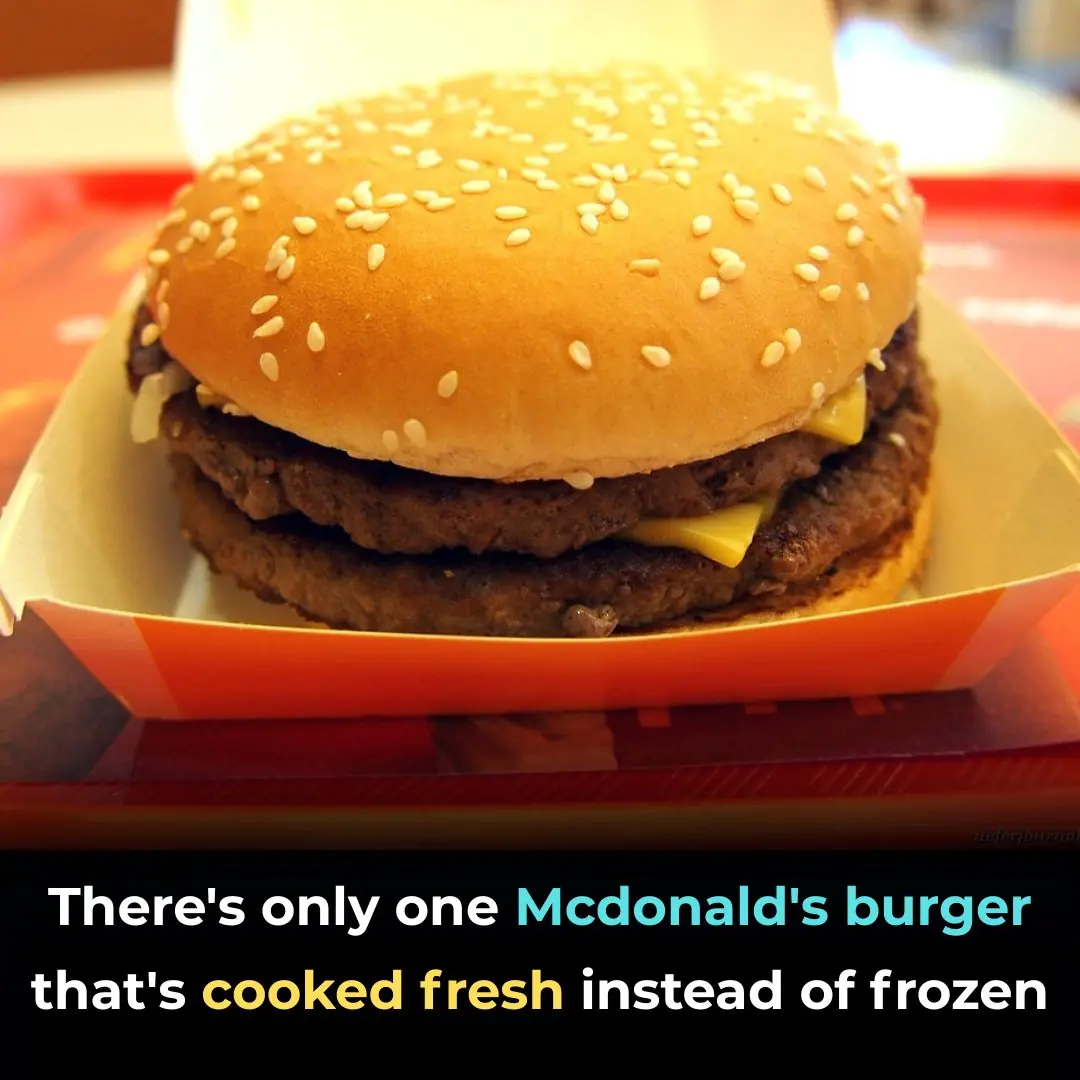
The One McDonald’s Burger That’s Always Cooked Fresh
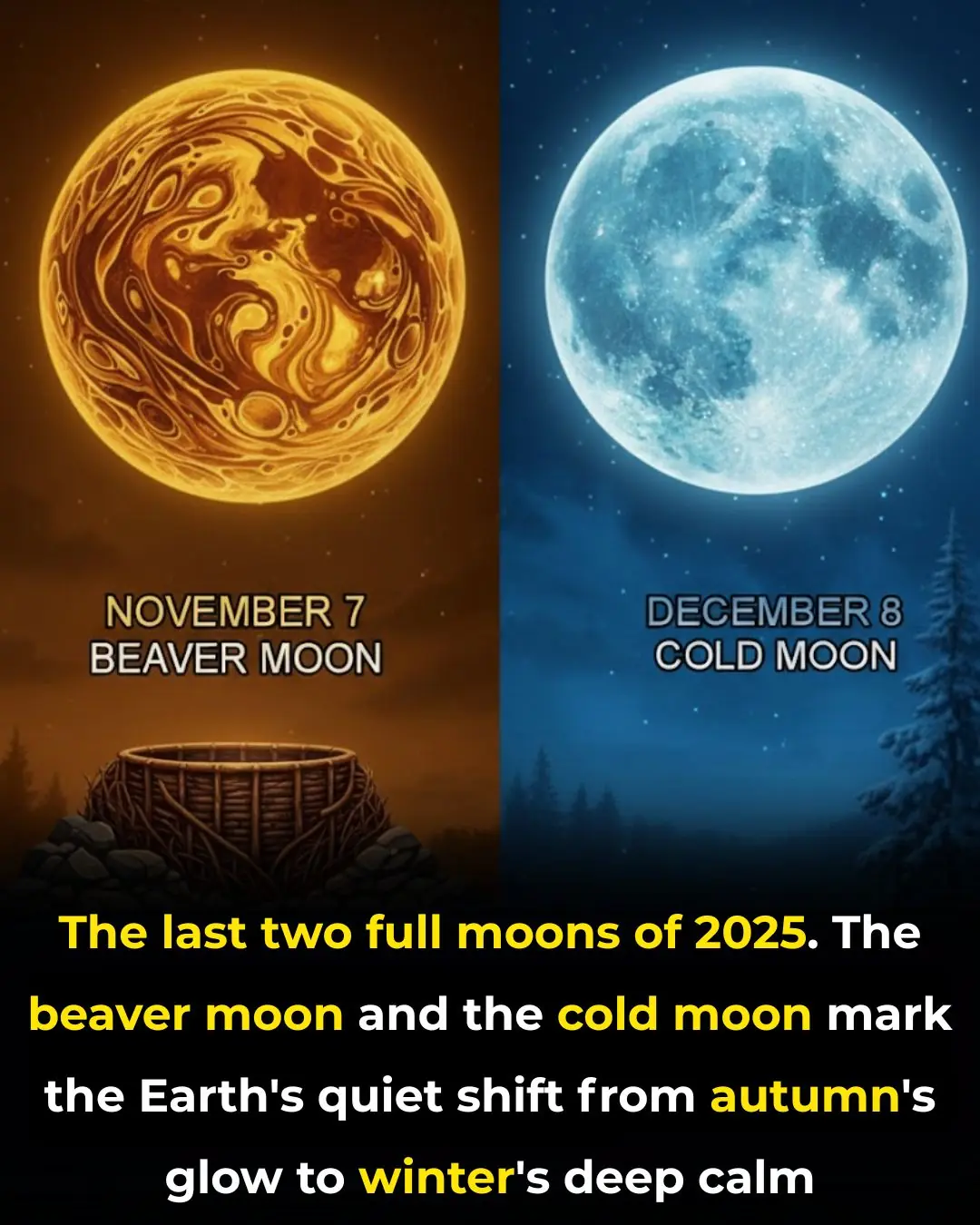
Top 6 Upcoming Astronomical Events You Don’t Want to Miss in 2025

Never Ignore Excessing Licking From a Dog

Woman creeped out after finding mysterious 'death day' in her iPhone calendar

Rob Gronkowski forgot he invested $69,000 in Apple and ten years later the value has completely changed his net-worth
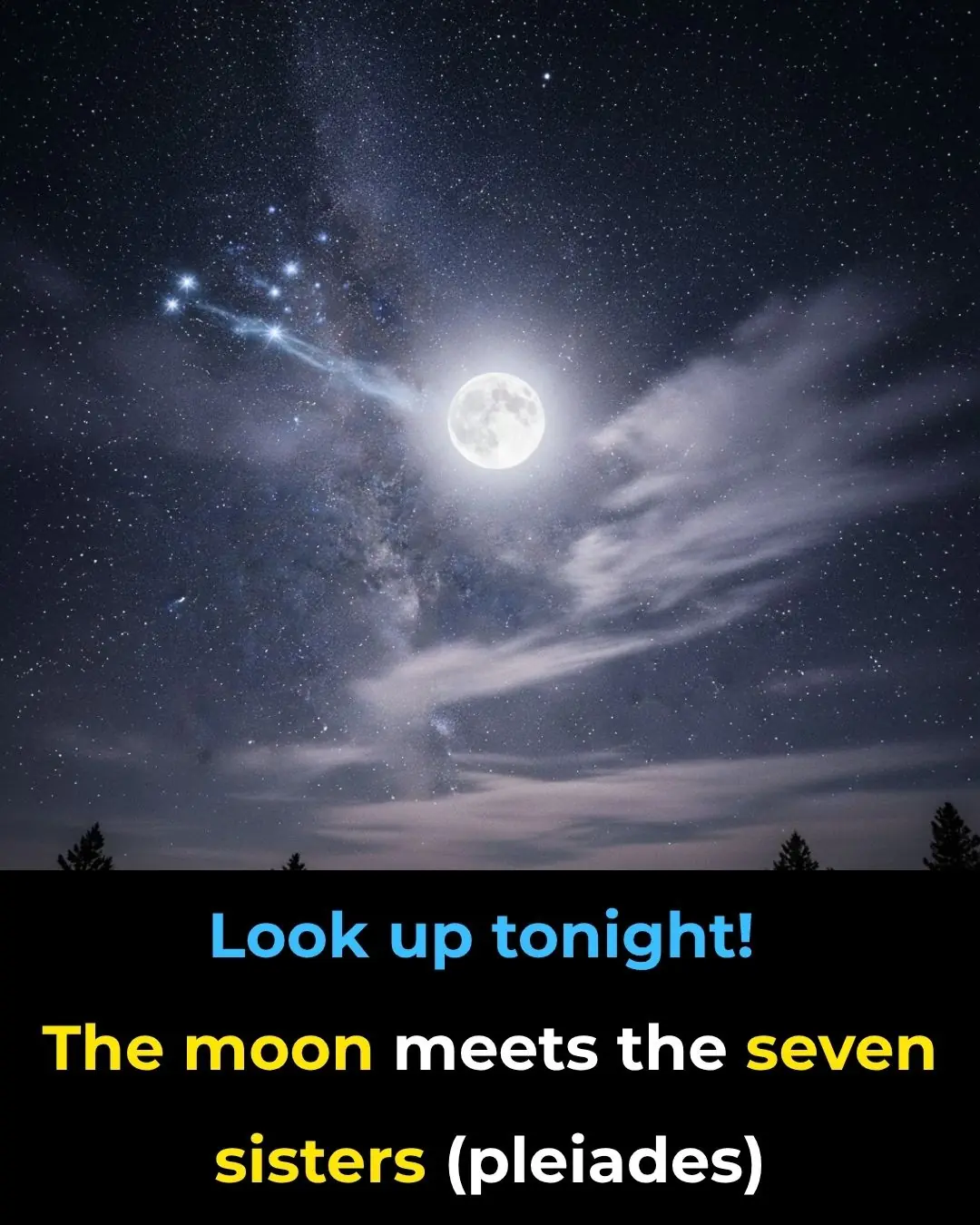
Don’t Miss It: The Moon Meets the Pleiades on October 10!
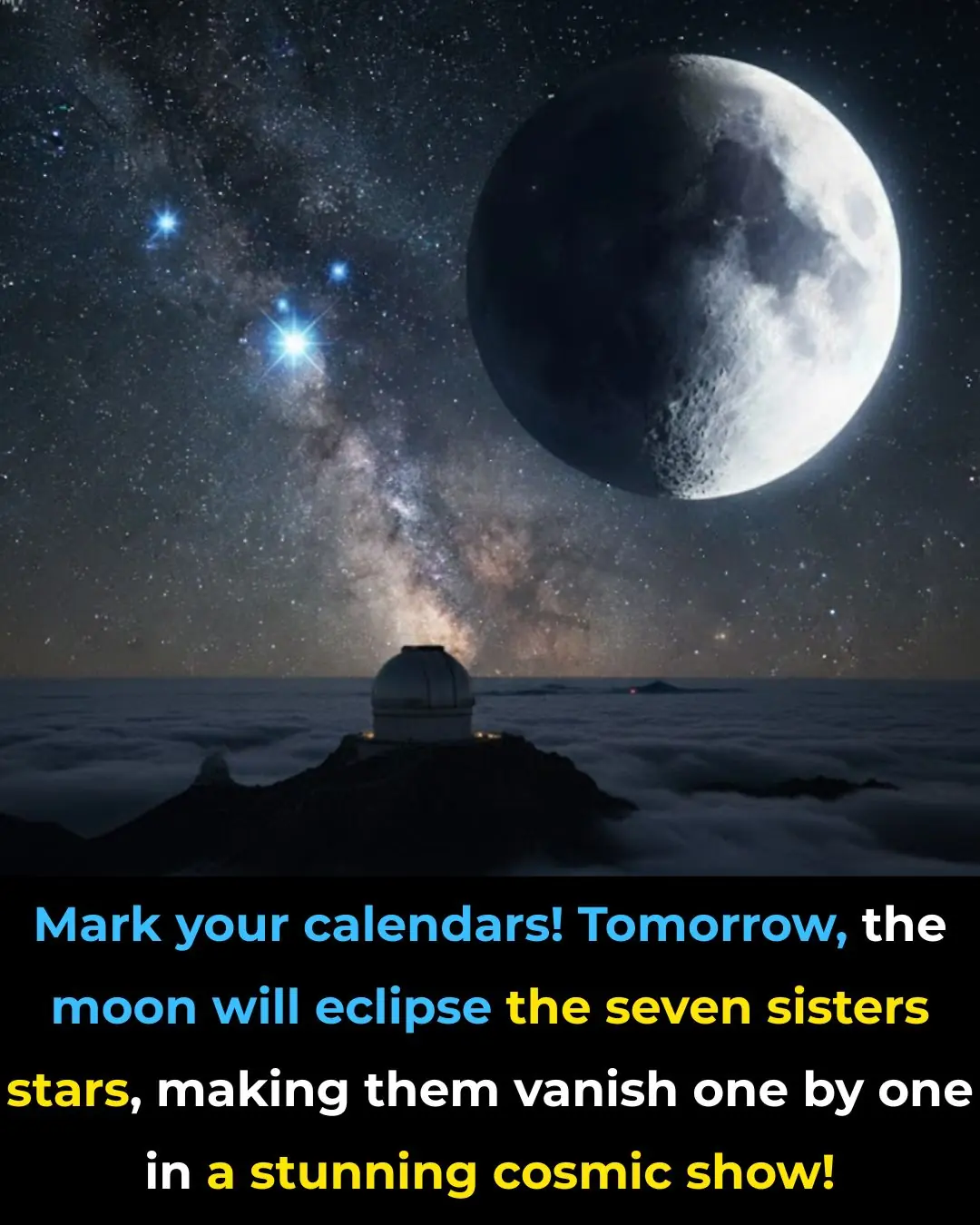
Don’t Miss It: The Moon Meets the Pleiades on October 10!

When a Child Becomes Forever Part of Mom: The Science of Fetal Microchimerism
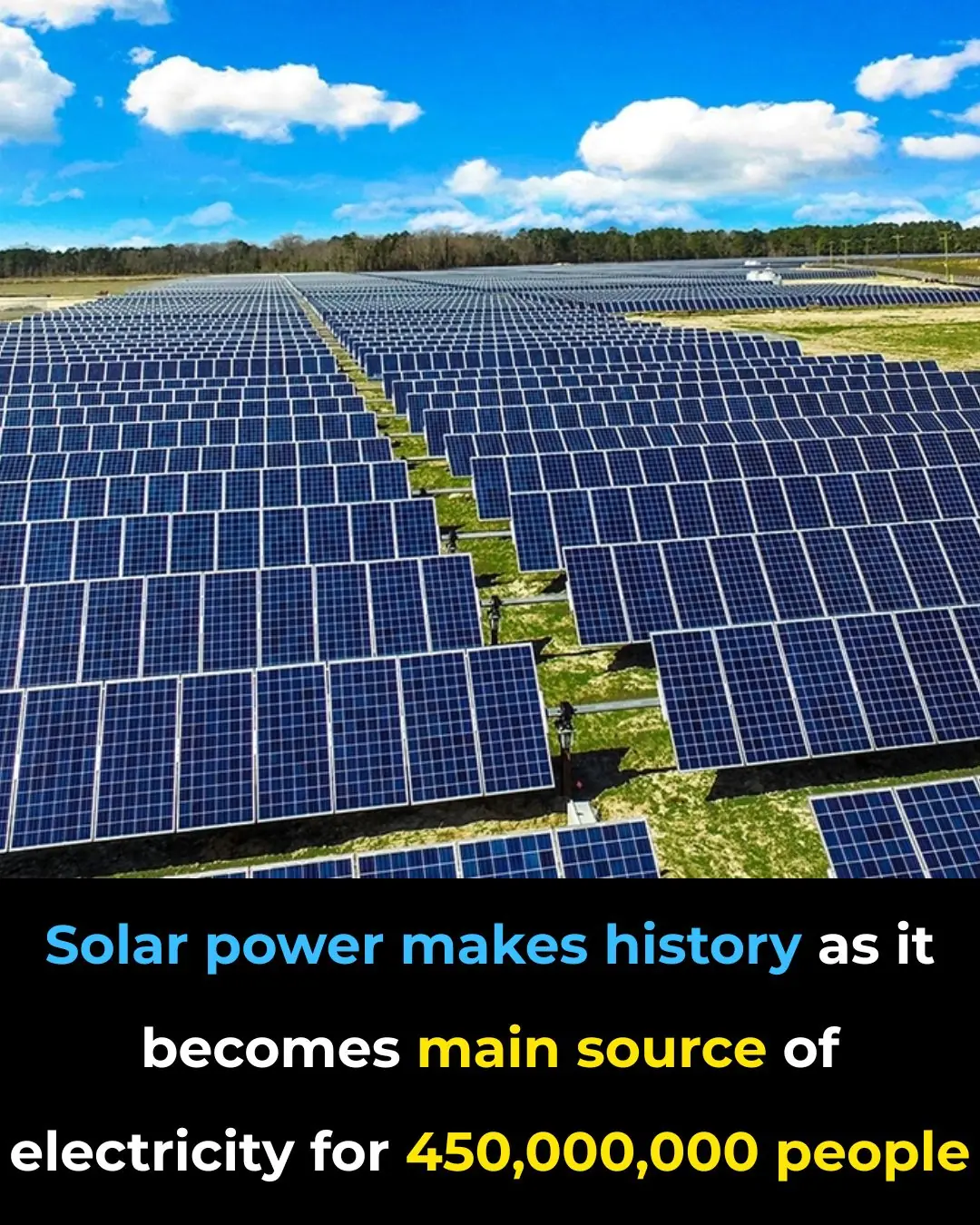
Solar power makes history as it becomes main source of electricity for 450,000,000 people

Snapchat divides users as they announce policy to begin charging users for free feature

Worried About Having Small Breasts

Hikers Spot Owl Swimming Through a Canyon – An Extremely Rare Sight

Scientists Discover Giant Sinkhole in China With Primeval ‘Lost World’ Inside
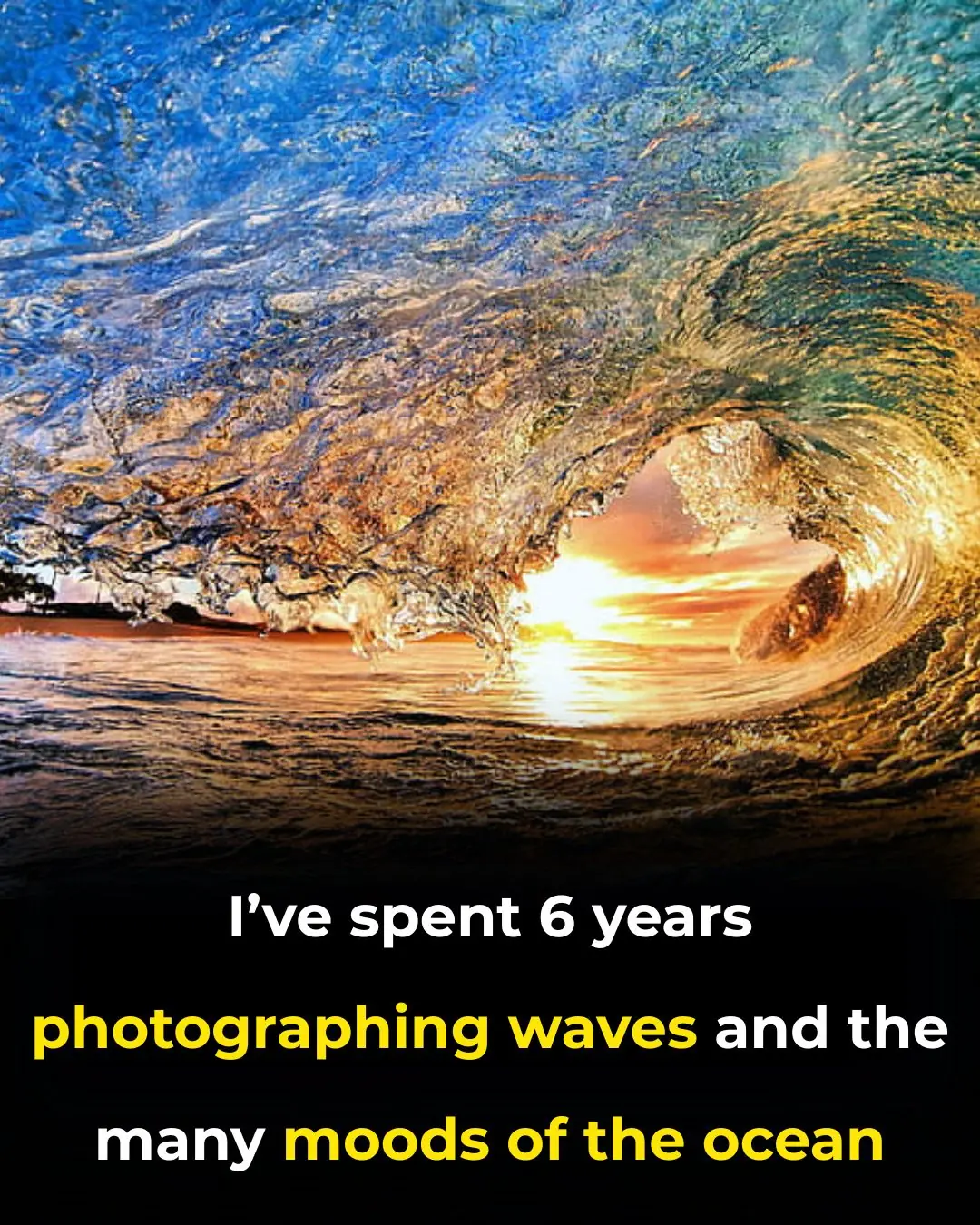
I’ve Spent 6 Years Photographing Waves And The Many Moods Of The Ocean

The Stealthy Threat of the Evergreen Bagworm
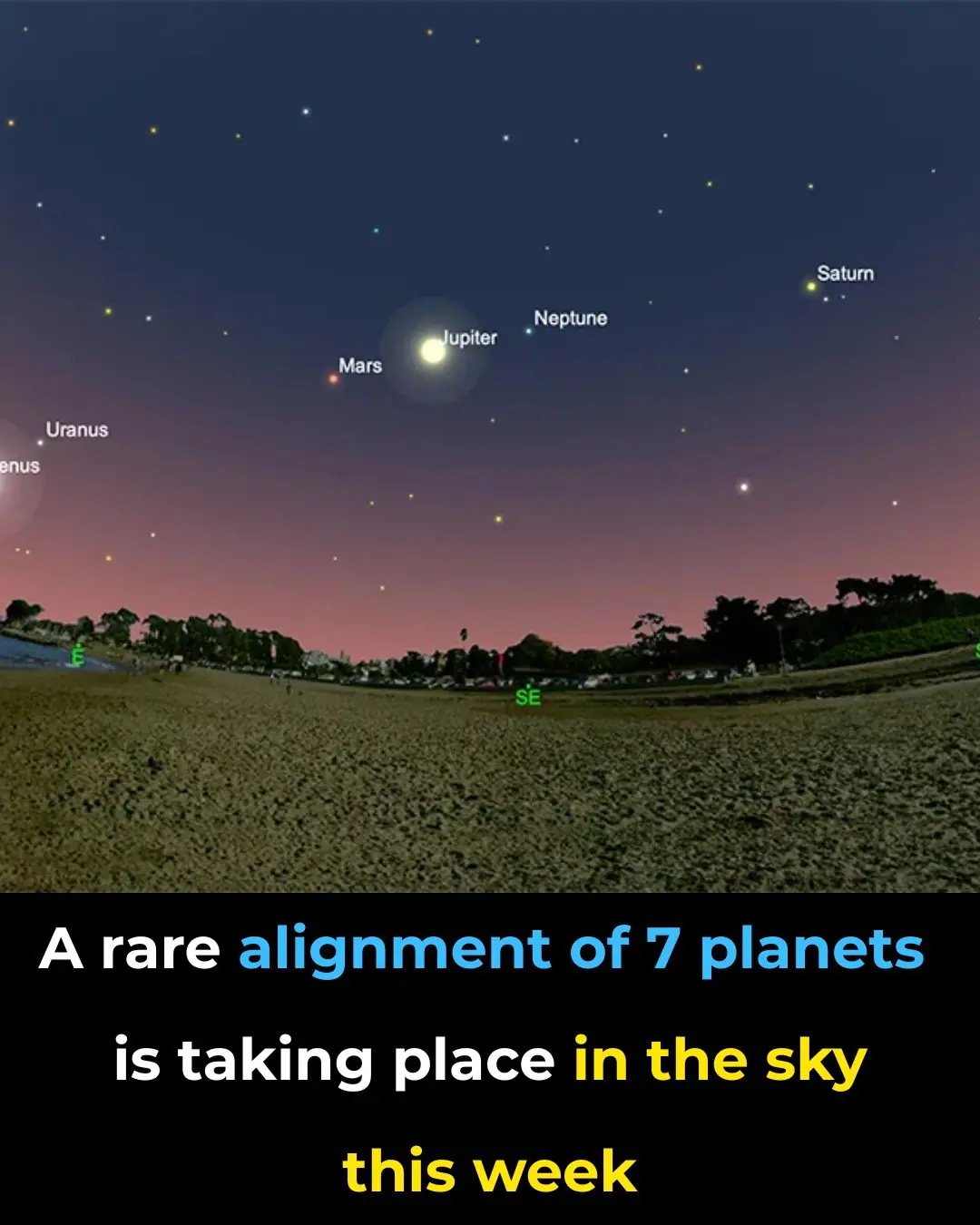
A Rare Alignment of 7 Planets Is Taking Place in The Sky This Week
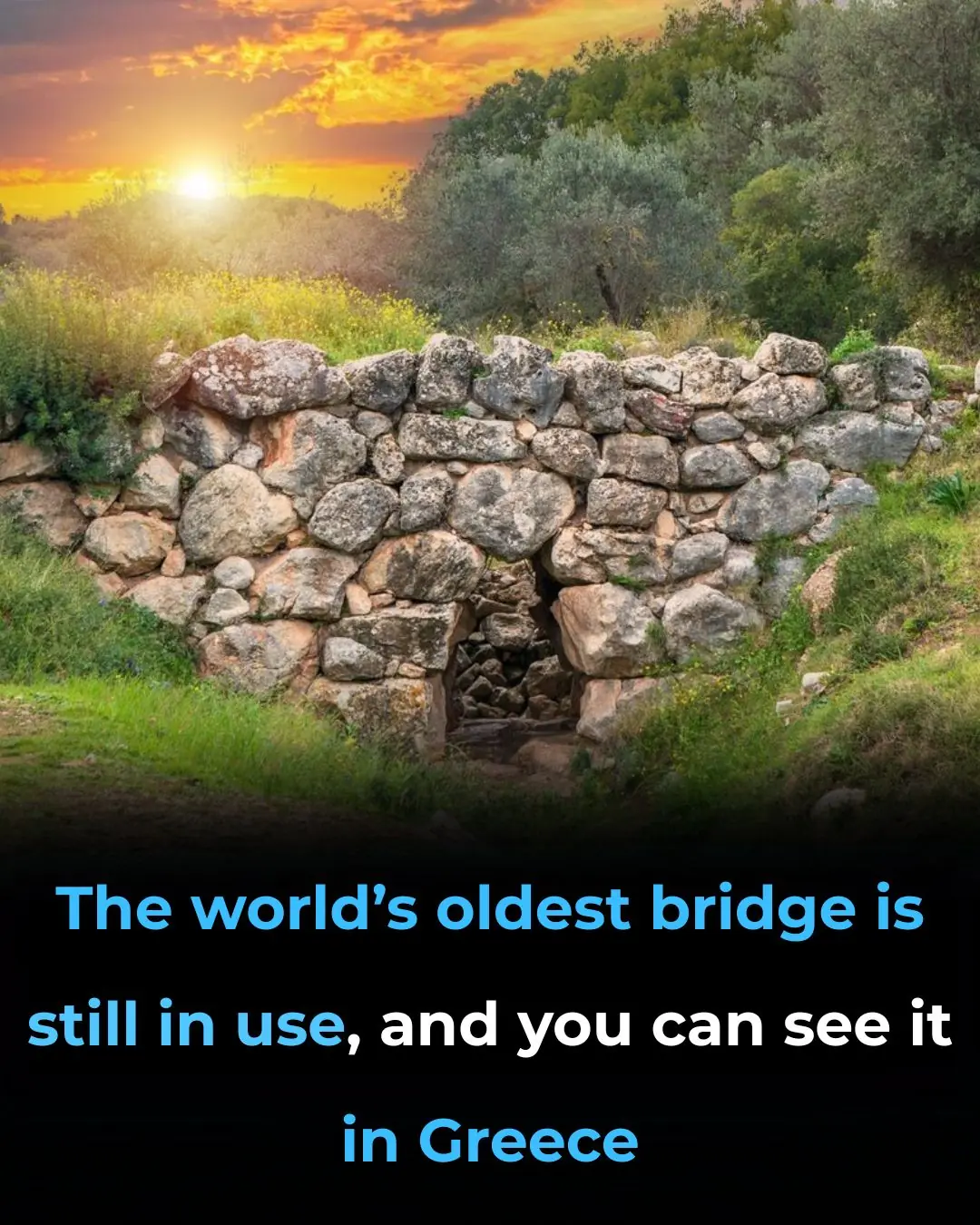
The World’s Oldest Bridge Is Still In Use, and You Can See It In Greece
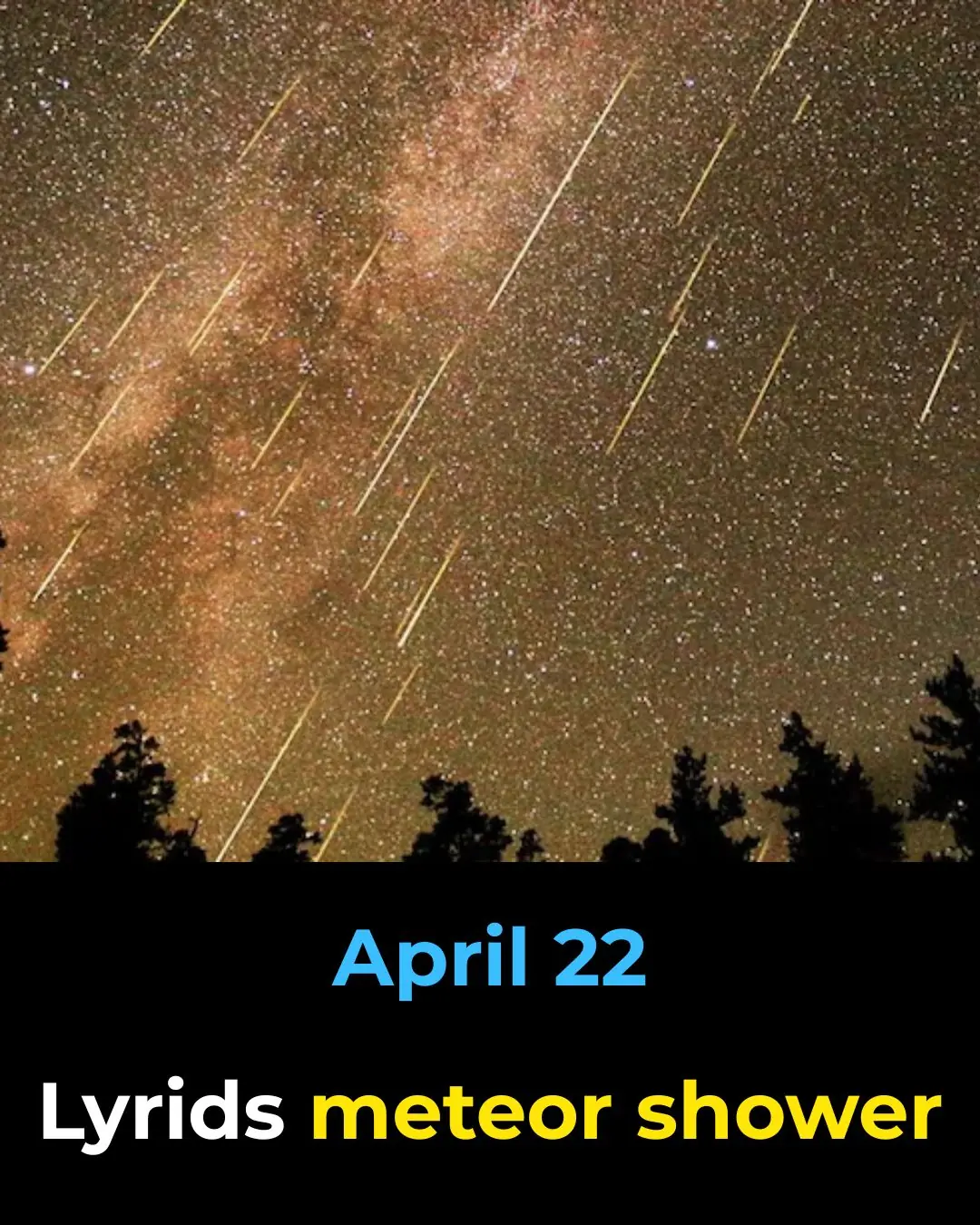
Lyrid meteor shower peaks after Easter: How to spot the most ‘shooting stars’
News Post

The Man on the Barn Roof: A Quiet Story of Loyalty, Work, and Grace.

Back on the Bench: An 85-Year-Old Man’s Remarkable Return to His Park and His Pups

Through a Dog’s Eyes: The Unconditional Love We Rarely Stop to See

Papa’s Soft Side: Bruce Pearl’s Greatest Legacy Isn’t on the Court

Raja the “Tax Collector”: Sri Lanka’s Gentle Giant Who Stops Cars for Snacks.

One Year of Courage: Branson’s Brave Battle.

Tala’s Second Chance: Fighting for Life Against All Odds

From Patient to Daughter: The Miracle of Ella.

The Promise He Kept: A Teacher, a Dress, and a Second Chance.
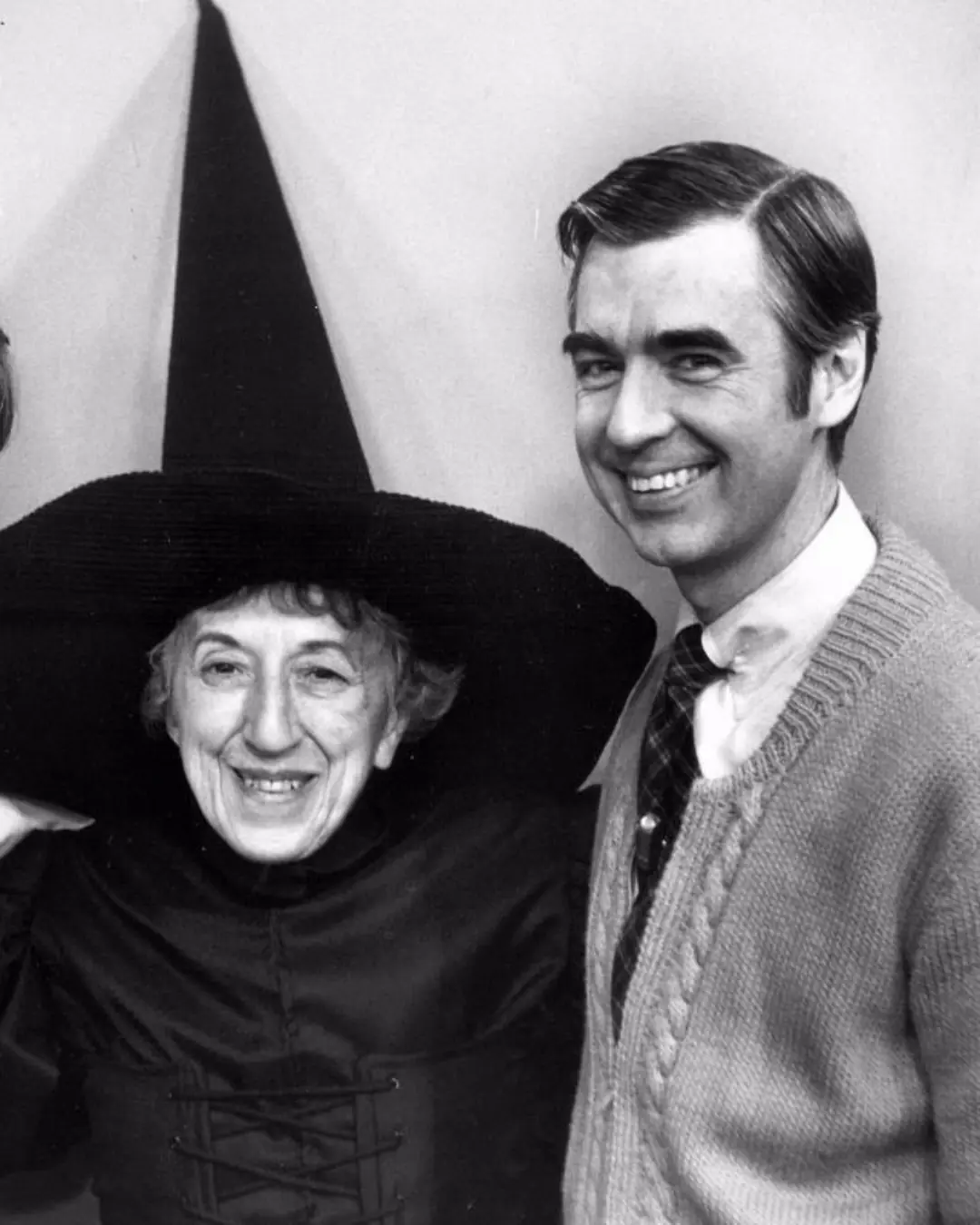
The Woman Behind the Green Face: Margaret Hamilton’s Quiet Legacy.
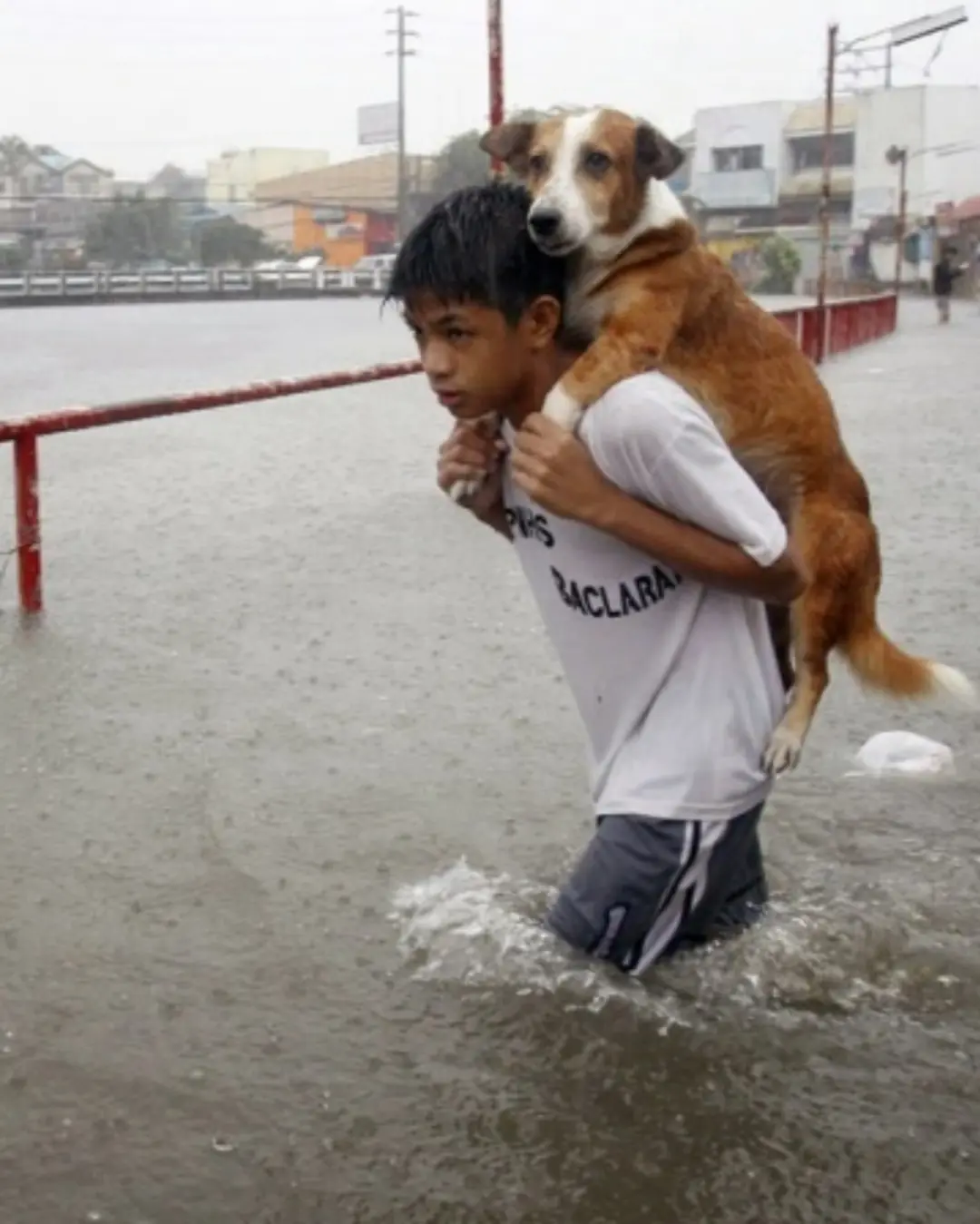
A Boy, a Dog, and the Courage to Care 💛🐾

I Went to Pick Up My Wife and Newborn Twins from the Hospital — I Found Only the Babies and a Note

Father Finds out His Twin Sons Are Actually His Brothers — Story of the Day
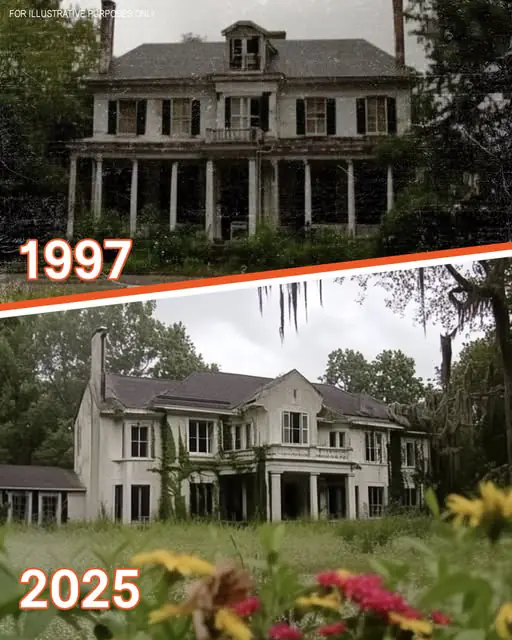
78-Year-Old Woman Returns from Nursing Home to Her House – Only to Find a Mansion with Changed Locks in Its Place

My Wife and I Went to an Orphanage to Adopt a Child and Found a Girl Who Is a Carbon Copy of Our Daughter

4 foods to eat on an empty stomach in the morning to cleanse the gut, boost digestion, and lower cancer risk

7 Ways to Repurpose Eggshells for a Greener Home and Garden

The One McDonald’s Burger That’s Always Cooked Fresh
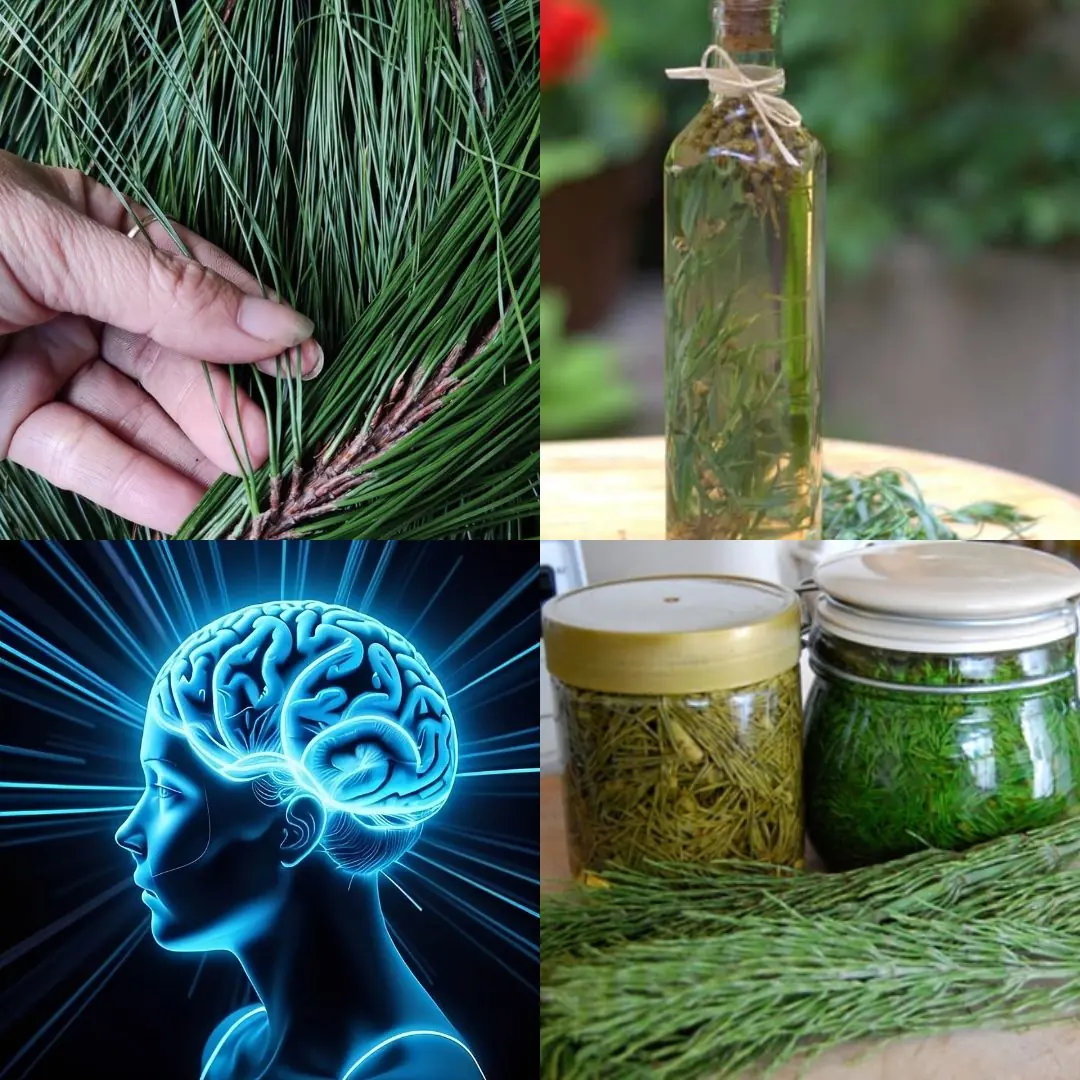
Pine Needle Sprite: A Refreshing Homemade Fermented Drink
